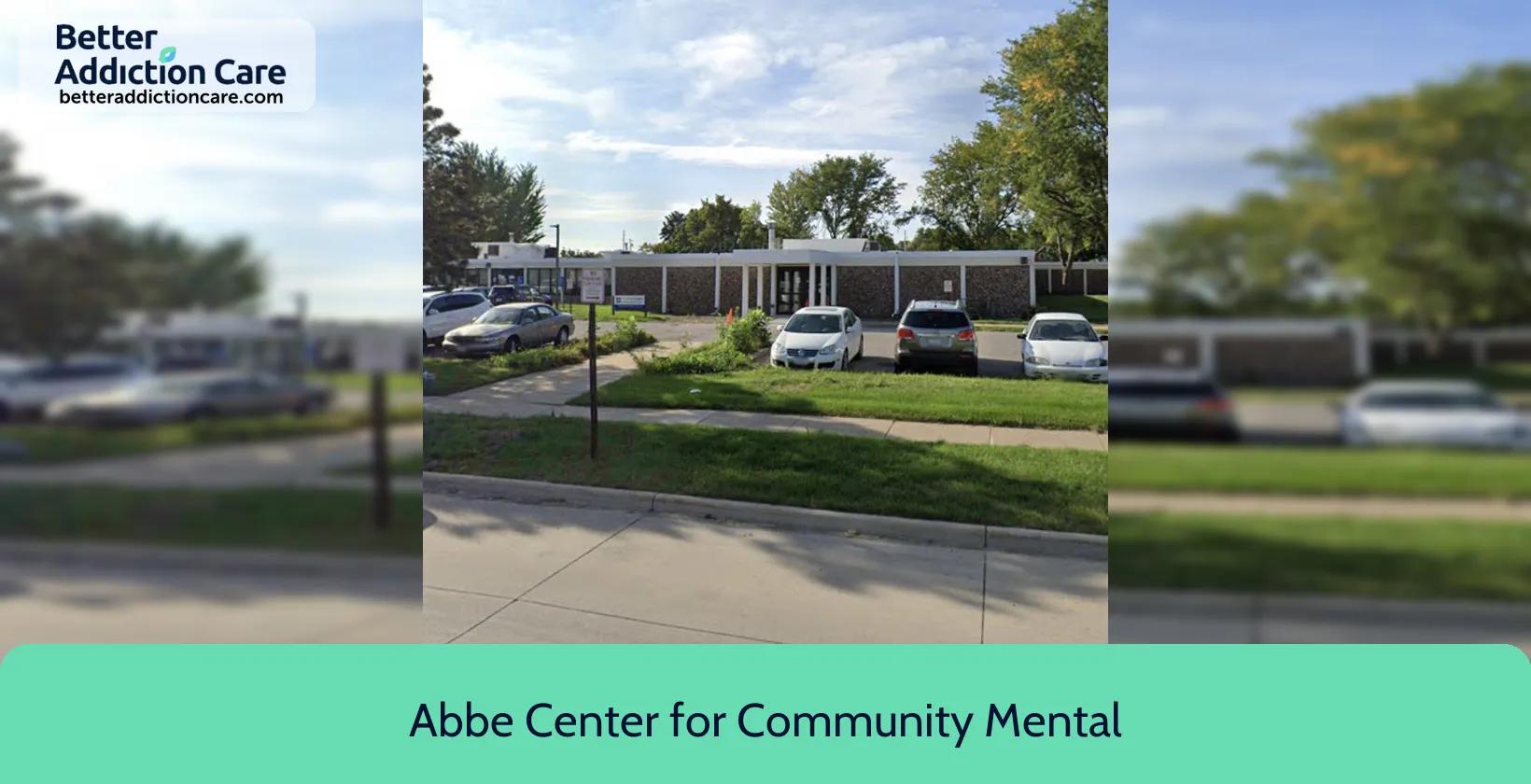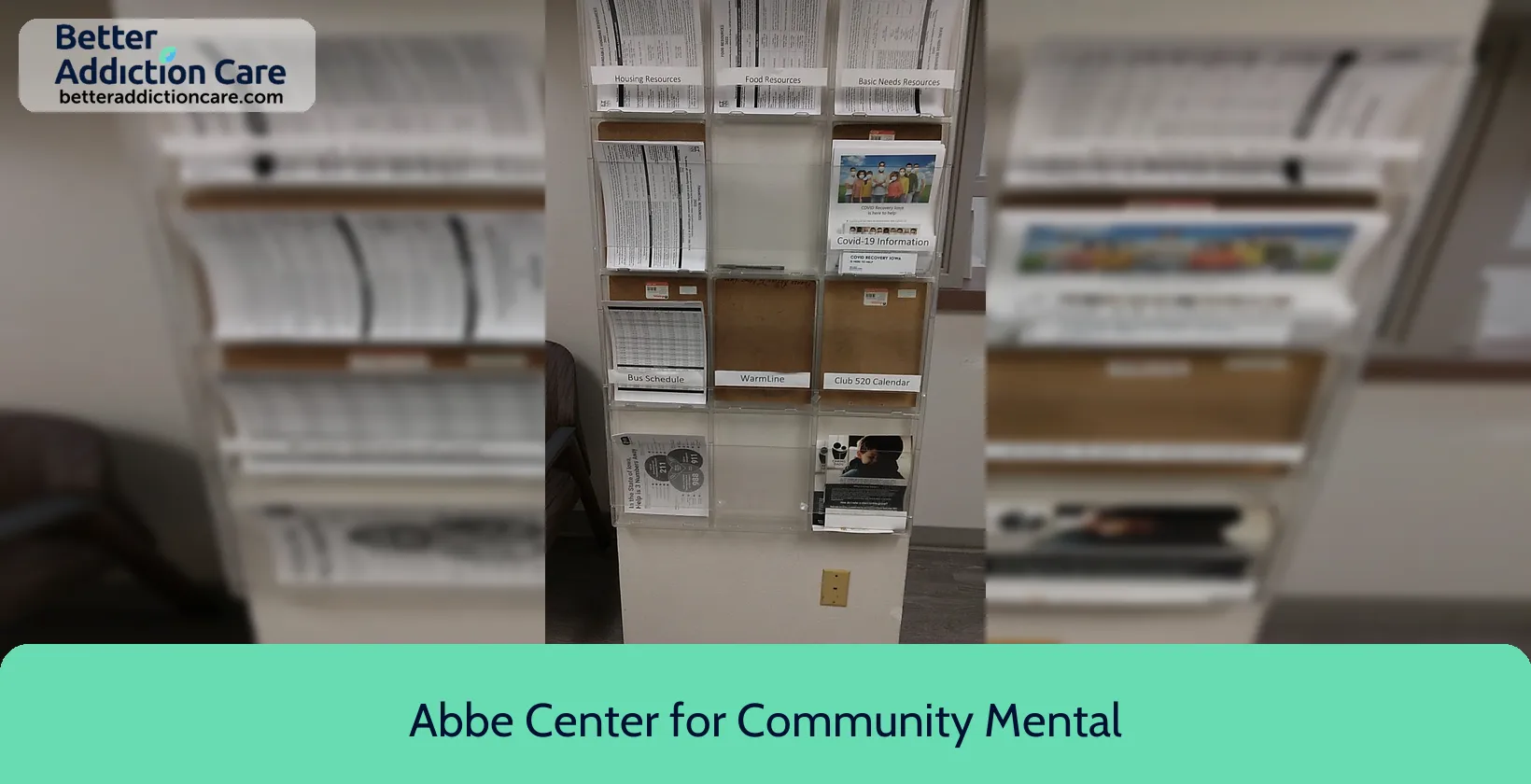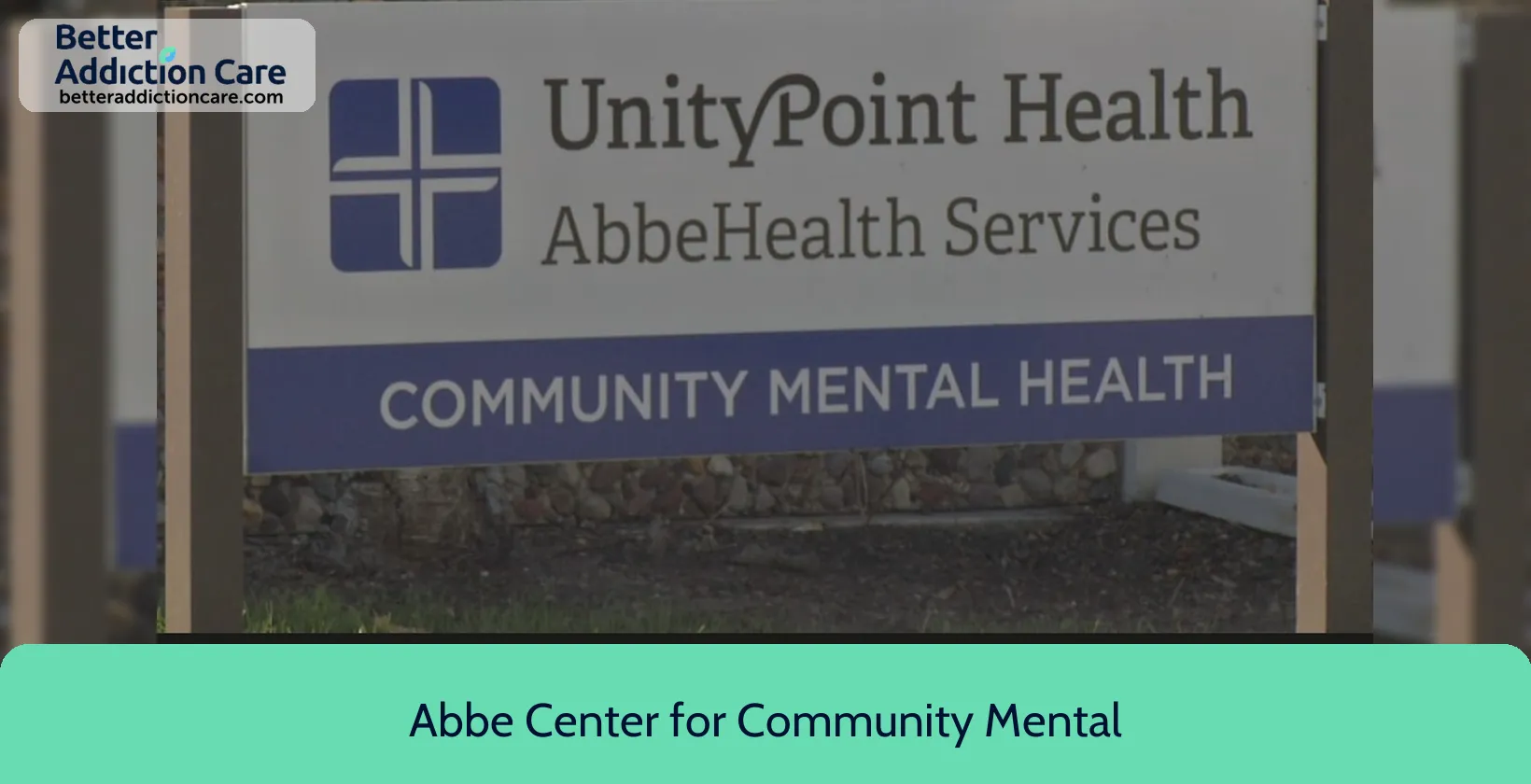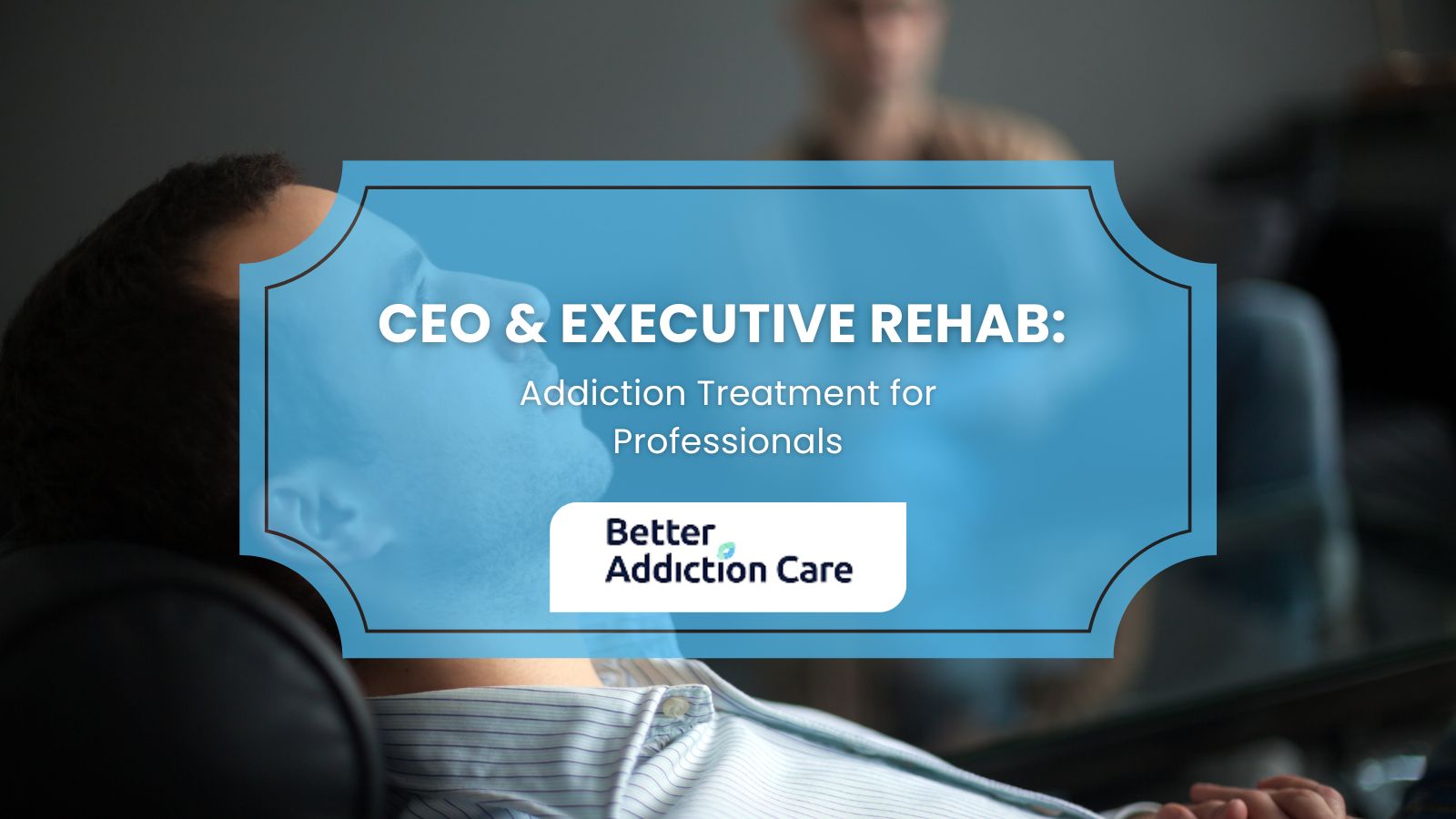Abbe Center for Community Mental Health
Overview
People of all ages can receive a variety of mental health treatments from UnityPoint Health - Abbe Center for Community Mental Health, which is situated in Cedar Rapids, Iowa. The facility addresses the distinct mental health needs of both adults and kids by developing comprehensive care plans using services including medication management and psychotherapy. The hospital places a strong emphasis on accessibility and high-quality care, making sure that patients get the assistance they require.
Same-day access services for appointments, outpatient counseling, and medication management are provided by the Abbe Center. They serve those who are underinsured or uninsured and have a sliding price structure, so access to critical mental health care is not impeded by financial constraints. Individual counseling, cognitive behavioral therapy (CBT), and all-encompassing mental health care are examples of treatment techniques. The Abbe Center, which has earned accreditation from The Joint Commission, offers excellent care and a friendly atmosphere to all of its clients, regardless of their gender or origin.
Abbe Center for Community Mental Health at a Glance
Payment Options
- Cash or self-payment
- Medicaid
- Medicare
- State-financed health insurance plan other than Medicaid
- Private health insurance
Assessments
- Screening for tobacco use
- Comprehensive mental health assessment
- Comprehensive substance use assessment
Age Groups
- Children/adolescents
- Young adults
- Adults
- Seniors
Ancillary Services
- Assertive community treatment
- Intensive case management
- Case management service
- Court-ordered outpatient treatment
- Family psychoeducation
Highlights About Abbe Center for Community Mental Health
6.68/10
With an overall rating of 6.68/10, this facility has following balanced range of services. Alcohol Rehabilitation: 8.00/10, Drug Rehab and Detox: 6.00/10, Insurance and Payments: 6.00/10, Treatment Options: 6.73/10.-
Alcohol Rehabilitation 8.00
-
Treatment Options 6.73
-
Drug Rehab and Detox 6.00
-
Insurance and Payments 6.00
Accreditations
The Joint Commission:

The Joint Commission accreditation signifies that a facility has met rigorous standards of excellence in patient care, treatment, and safety. It assures individuals and healthcare professionals that the accredited facility provides high-quality, evidence-based care for addiction and mental health issues, fostering trust and confidence in their services.
State department of health:

Government agencies issue State Licenses, granting rehabilitation organizations permission to operate their businesses lawfully within specific geographic regions. The specific licenses needed for legal operation are typically determined by the type of rehabilitation program offered by the facility and its physical location.
Treatment At Abbe Center for Community Mental Health
Treatment Conditions
- Mental health treatment
- Alcoholism
- Substance use treatment
- Co-occurring Disorders
Care Levels
- Outpatient
Treatment Modalities
- Couples/family therapy
- Group counseling
- Cognitive behavioral therapy
- Dialectical behavior therapy
- Integrated Mental and Substance Use Disorder treatment
Ancillary Services
Languages
- Sign language services for the deaf and hard of hearing
- English
Special Programs
- Persons 18 and older with serious mental illness (SMI)
Contact Information
Read our Most Recent Article About Drug Addiction
DISCLAIMER: The facility name, logo and brand are the property and registered trademarks of Abbe Center for Community Mental Health, and are being used for identification and informational purposes only. Use of these names, logos and brands shall not imply endorsement. BetterAddictionCare.com is not affiliated with or sponsored by Abbe Center for Community Mental Health.











